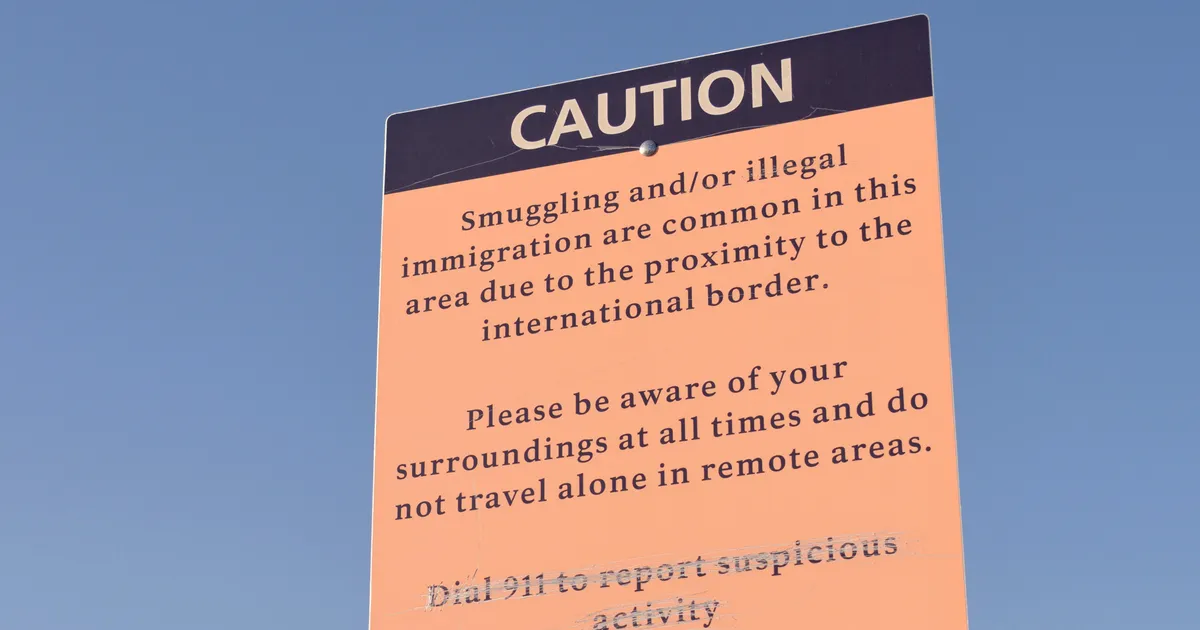Facing deportation and removal can be frightening. There are some strategies to help you remain in the U.S. despite your status as an undocumented alien.
If you are a non-citizen and have no legal status that allows you to be lawfully in the United States, the chance for removal and deportation lurks around every corner. However, there are a few options that undocumented aliens may choose to get relief from deportation if singled out for removal. Keep in mind, if you are facing deportation, you should connect right away with a skilled immigration or deportation lawyer who understands the nuances of removal to improve your chances of a successful deportation defense.
“Not Removable as Charged” Defense
This defense essentially posits that the government cannot remove you because you are not removable. At one of your initial hearings in front of the immigration judge, you will be required to deny or admit the charges against you leading to removal; this is found on the Notice to Appear. If you deny the charges, the burden of proof rests on the Department of Homeland Security. If it cannot produce sufficient evidence that you are deportable, the court may rule in your favor and the case for deportation may be closed.
It is important to note that you are likely removable if you are undocumented. Still, the possibility remains that the government may be trying to remove you for the wrong reasons. It is also a possibility that this defense could work if the government fails to produce documents showing your removability.
 Greg Bulla/Unsplash
Greg Bulla/UnsplashThe Importance of Honesty
You should never be dishonest in attempting to avoid removal because discovering that you’ve lied to immigration officials or the immigration judge can hurt your future ability to enter the country legally. Similarly, if you have negative information that might impact your ability to stay in the country, you should defer to your lawyer’s advice on whether or not you are required to share that info with the immigration judge.
Relief from Deportation
If the case for your removal has been validated and the government has met its burden of proof, there are a few steps you may consider to obtain relief from deportation. These include:
- Seeking asylum. Did you come to the United States because you are being persecuted or have a reasonable belief that you will be persecuted in your homeland? If so, you may have a right to asylum in the United States. If you are granted asylum, you are granted legal status to be in the country along with a work permit. Getting asylum is also a stepping-stone to getting a green card for permanent residency. There are five specific protected groups that may experience persecution, including those persecuted based on race, religion, nationality, political opinion or association with certain social groups.
- Requesting a family-based status adjustment. Some people find they are able to obtain legal status in the United States by changing their nonimmigrant status to immigrant status through their connection with a family member who is already a citizen. Legal entry into the country is required to seek this type of relief, although there are exceptions (such as you entered in search of asylum but were too scared to declare your status at the border).
- Asking for withholding of removal. Withholding, although harder to obtain than asylum, has many of the same hallmarks of asylum. To obtain withholding of removal, you must show that the likelihood of being persecuted in your home country is high. Unlike asylum, withholding does not make you eligible to apply for permanent residence (green card), but it will allow you to remain stateside and get a work permit.
- Requesting cancellation of removal. If you have proof that you have lived in the United States for 10 years and that having you deported will cause undue hardship to a spouse, child or parent who is a permanent resident or a U.S. citizen, you may be eligible for cancellation of removal.
- Asking for Convention Against Torture (CAT) protection. If it is likely that you will be tortured if deported to your home country, you may ask to remain in the United States under CAT guidelines. There are specific grounds for approval of CAT status, and this status would also allow you to work in the United States.
- Asking for prosecutorial discretion. The government attorney prosecuting your case for removal or deportation has the right to stop seeking action against you. This is where it becomes vital to have a skilled immigration attorney advocating on your behalf. While it is not common for prosecutorial discretion to be exercised in deportation cases, it is not unheard of either. If you have no criminal record and are a positive contributor to society, there’s always a possibility that you might be shown leniency by the prosecutor.
 Tim Mossholder/Unsplash
Tim Mossholder/UnsplashVoluntary Departure
As difficult as it may sound, departing the country on your own, which is known as voluntary departure, is sometimes the best alternative. Agreeing to depart of your own accord rather than waiting to be removed or deported does not leave the same mark on your immigrant record, which otherwise would indicate that there was a previous order of removal and make it harder for you to come back to the United States legally. Discuss your situation with an immigration lawyer to determine if and at what point you should pursue this type of exit strategy.






